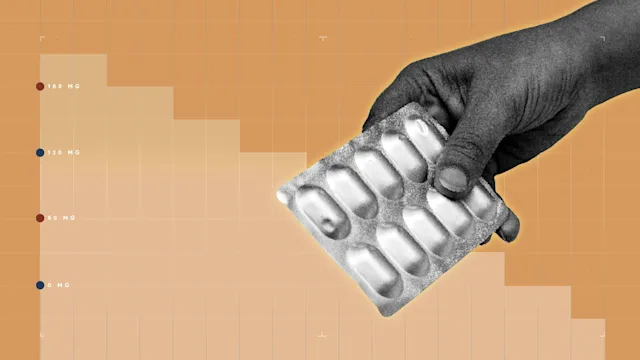“Difficulty sleeping during menopause is really common,” says Sonal Chaudhry, MD, an endocrinologist at NYU Langone Health. That’s because changes in hormone levels can trigger menopause symptoms that directly affect your sleep quantity and quality.
In this video, learn tips for sleeping better during menopause and perimenopause.
Dr. Chaudhry is an Endocrinologist at NYU Langone Health in New York City.
References
National Heart, Lung, and Blood Institute. (2022). Insomnia: Treatment.
Office on Women’s Health, US. Department of Health and Human Services. (2021). Menopause symptoms and relief.

Why trust our experts?

Written by:
Brittany DoohanBrittany Doohan was the Content Director at HealthiNation and is currently the Editorial Director at Medscape. Through her work with Medscape, she won a Silver Telly Award in May 2022 for "Sleepless Nation: A Public Health Epidemic — Episode 2: A Decade Without a Diagnosis." She has worked in health journalism and video production for more than 8 years, and loves the challenge of explaining complex topics in an easy-to-understand and creative way.

Reviewed by:
Karen Hovav, MD, FAAPKaren Hovav, MD, FAAP, has more than 15 years of experience as an attending pediatrician. She has worked in a large academic center in an urban city, a small community hospital, a private practice, and an urgent care clinic.












